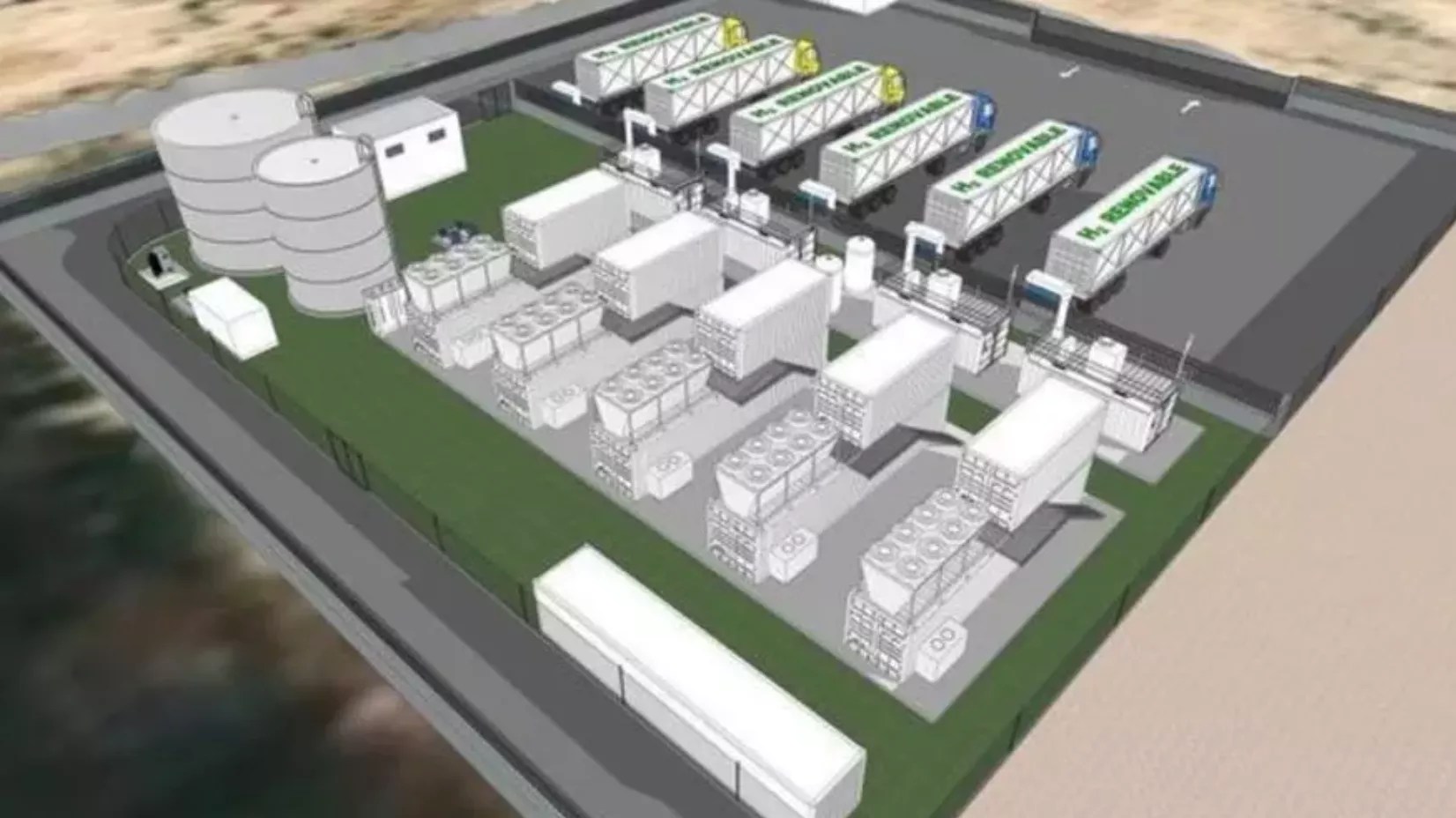Residents of Masca Barranco, situated in Buenavista del Norte (Tenerife), are in the process of compiling a document outlining their requests to the Public Administrations, specifically directed at the City Council and the Cabildo. They seek resolutions for a locality that, they claim, endures daily traffic disruptions and citizen insecurity due to insufficient infrastructure, while the area is increasingly resembling a “theme park” akin to “Spanish Machu Picchu.”
In an interview with Europa Press, the president of the Residents Association of Masca Barranco, Jorge Javier Díaz, encapsulates the primary concerns of locals who are grappling with the impact of tourism and the “lack of order” regarding their roads and facilities, which are further compounded by deficiencies in police presence, parking availability, and the signage system.
Regarding the shortage of officials to ensure adherence to the rules, particularly with regard to visitors parking in prohibited areas, Díaz emphasises the lack of safety they experience: “The viewpoints are targeted for theft regularly. We acknowledge that the Civil Guard performs commendable work despite limited resources, but what we truly require is increased police presence,” he states.
The community representative also highlights the state of the road traversing the area, which was constructed “by the residents themselves” between the 1960s and 1980s, and was designed only for single-vehicle use. Today, he notes, enhancements such as better asphalting and even road widening are necessary due to the rise in residential apartments.
“Mobile applications, coloured traffic lights, and illuminated warnings are insufficient; while they offer assistance, they do not resolve the core issues. Many of the challenges could be addressed with a visible police presence and a tow truck,” cautions the president, who affirms that the police can issue citations for improperly parked vehicles, but “if there’s no tow truck to remove it,” residents are left to grapple with the ongoing disruption.
According to the president’s insights, there are approximately 50 legal parking spaces within the vicinity, a predicament that is exacerbated by the hamlet’s lack of a suitable signage plan. “Tourists cannot see any signage indicating parking upon entering a village,” he exemplifies.
Tourist access fee to the ravine
The Cabildo de Tenerife implemented a fee for non-residents to access the Masca ravine starting in the summer of 2024. Residents assert that this decision was made without explicit consent from them, despite them owning properties in the area: “The channel of the ravine is public (…) However, the access area or the section where the old pathway runs through includes private properties in various locations.”
In this regard, they are awaiting another meeting with the local council to discuss this issue, following an initial interaction in which they submitted the relevant property documents. For the time being, they have established a mobility committee to address congested traffic.
“A fortnight ago, we sent a letter to the Cabildo notifying them of our intent to change the access lock, and now we possess the key to enter. Up until two weeks ago, that was not the case,” explains Diaz when questioned about the access limitations to these properties in relation to the ravine.
They advocate for the necessity of regulations governing tourist access to the ravine, particularly since they have observed the “irresponsibility” of some visitors. However, they also assert their right to have their voices heard in this process alongside their other demands, as they feel overwhelmed by tourism and seek greater comfort.
“Everything is centred on tourism, but when do we consider the residents?” queries Jorge Javier.
















